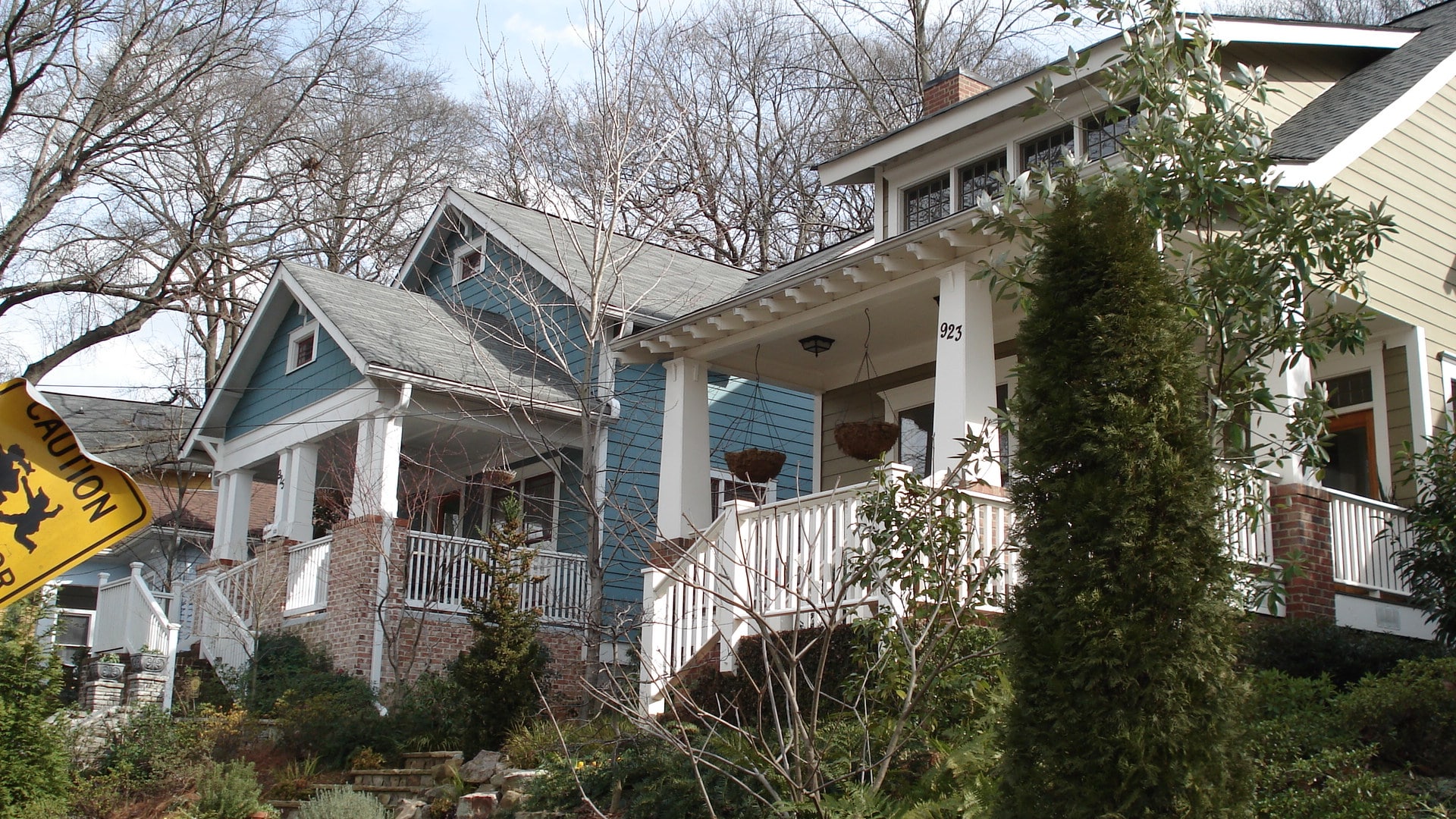
Addressing legacy resident displacement in Atlanta
This case study features the Atlanta Land Trust (ALT), a CLT founded to address homeownership affordability and legacy resident displacement along the Atlanta BeltLine.

You must be logged in to use this feature. Log in below or create an account.
Stay up to date on the latest research, events and news from the Local Housing Solutions team: